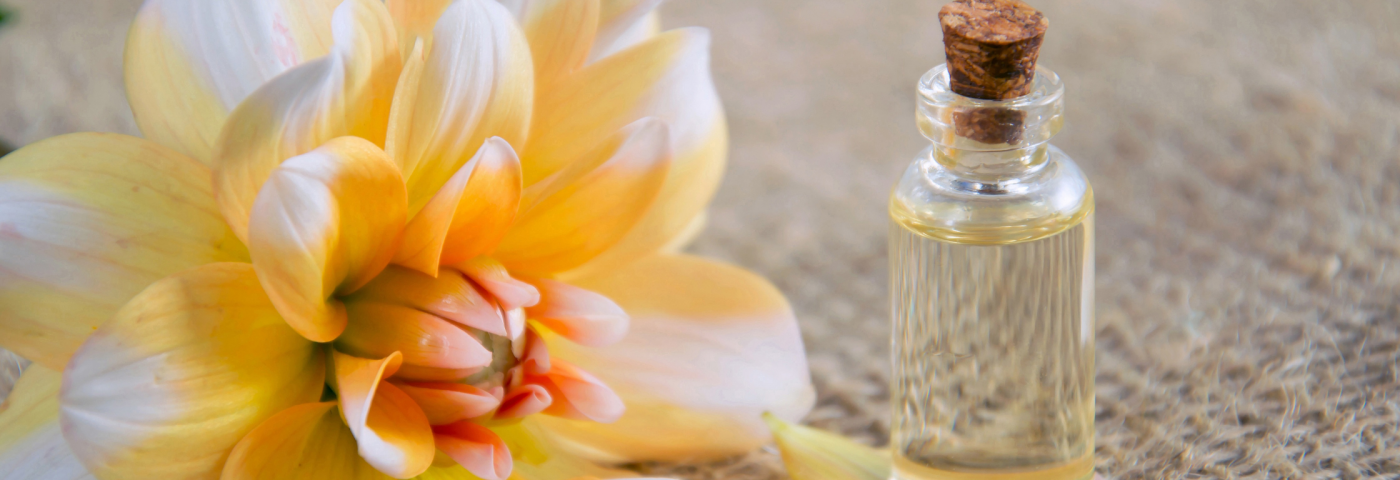Flowers have been a favourite ingredient within beauty and personal care for many years. Now, we’re tracking a shift in their use, as consumers want to learn more about the language of flowers, their symbolic meanings, and how different floral varieties can affect our emotions. As consumers explore the transcendent joy of flowers through florapy (floral therapy) and botanical beauty solutions, we see a growing use of flowers as medicine, through holistically healing flower essences and potent floral elixirs.
In order to connect with a more soulful, authentic expression of nature, consumers seek out hand-crafted, wild-harvested options like Ora byTangi’s botanical elixirs, which take an apothecarial approach to beauty through their floral-based tinctures and oils.
Skinification of Makeup
We see the skinification of makeup trends continue, as brands infuse color cosmetics with botanical benefits, flower-inspired textures, and nature-based, floral scents. Options like Rachael Couture’s floral-infused color cosmetics, which uses soothing daisy flower extract for added antioxidant protection within makeup.
Flowers inspire new textures, like “petal soft” floral shades for color cosmetics, and also lend their calming, skin-caring properties to topical face and body products. Luxe floral oils add a calming benefit and comforting feel to traditionally drying formulas like powders, with brands like Huda Beauty utilizing Damascus Rose Oil for hydration in their GloWish Pressed Powders.
Hibiscus
Hibiscus is having a major moment across beauty, wellness, and food categories, prized for its tart taste, refreshing aroma, and vibrant, mood-boosting pink hue. In addition, consumers are turning to hibiscus as a potent source of vitamin C, as this flower is naturally rich in antioxidants, as we see hibiscus appear in anti-aging face serums, cleansing hair masks, rejuvenating face washes, and color cosmetics.
New Formats
Floral ingredients are updated in innovative new ways, as brands look to utilize flower benefits in unexpected formats. Understory Botanicals, for example, uses flower enzymes in their gentle powder botanical cleanser, which enables sensitive skin safe cleansing and delicate exfoliation. Floral hair rinses are also gaining in popularity, as we see options like Pink Moon’s rose-infused Hair Rinse add shine and infuse hair with a fresh floral scent.
Flower-based hair care products turn ordinary rituals into an opportunity for consumers to indulge in floral wellness, with brands like Wildflower and the Rose utilizing potent botanicals to replace traditional hair dyes.
For more information on the florapy and the flower wellness movement, please visit fashionsnoops.com or email Melissa Hago at mhago@fashionsnoops.com.
Enjoyed this article? Get more by subscribing to our newsletter!
Feeling inspired to see ingredients and trends in action?
Then why not visit one of the in-cosmetics events around the world?

